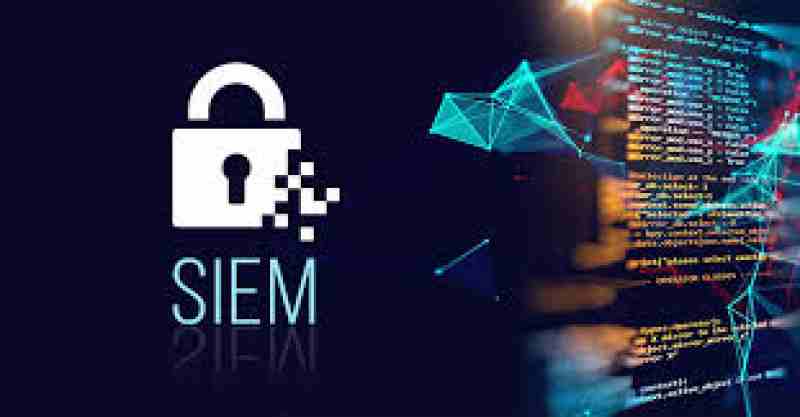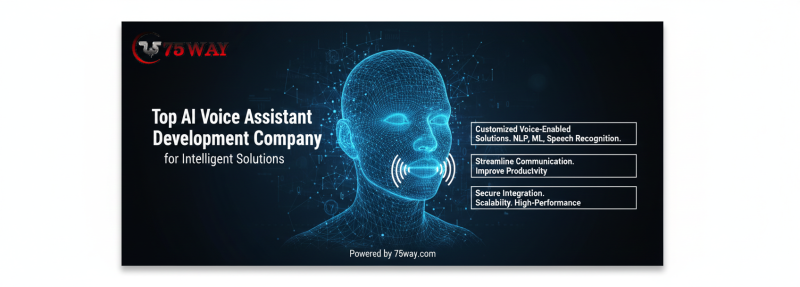Technology
From Logs to Insights: How SIEM Powers Threat DetectionFrom Logs to Insights: How SIEM Powers Threat Detection

 NetWitness
NetWitness
In modern cybersecurity, data is everywhere. Every application, server, endpoint, and network device generates logs—massive streams of raw information about user actions, system events, and security alerts. On their own, these logs are difficult to interpret and nearly impossible to manage at scale. Yet hidden within them are the clues that could reveal cyberattacks, policy violations, or system misconfigurations.
This is where Security Information and Event Management (SIEM) comes in. SIEM platforms transform unstructured logs into actionable insights, enabling security teams to detect, investigate, and respond to threats faster and more effectively.
What Is SIEM?
SIEM (Security Information and Event Management) is a security solution that collects and centralizes log data from across an organization’s IT infrastructure. It then uses correlation, analytics, and real-time monitoring to identify suspicious activity.
Key capabilities of SIEM include:
- Log Collection and Normalization – Aggregating data from diverse sources (servers, firewalls, applications, endpoints, cloud platforms) into a unified format.
- Event Correlation – Connecting seemingly unrelated events across systems to identify patterns of malicious behavior.
- Real-Time Monitoring – Detecting anomalies and generating alerts as threats unfold.
- Reporting and Compliance – Producing detailed reports for audits and regulatory requirements.
How SIEM Powers Threat Detection
1. Turning Raw Logs into Actionable Intelligence
Logs by themselves are just data. SIEM SOC solutions normalize and enrich these logs, allowing security teams to see beyond noise and focus on meaningful indicators of compromise.
2. Detecting Advanced Threats Through Correlation
An attacker probing a system might trigger small, isolated alerts across multiple tools. Alone, these alerts may seem harmless. SIEM connects these dots—failed login attempts, unusual network traffic, and privilege escalations—to expose coordinated attack patterns.
3. Real-Time Monitoring for Faster Response
Cyberattacks can escalate in minutes. SIEM provides continuous, real-time monitoring of activity across the entire IT ecosystem, ensuring security teams detect threats as soon as they emerge.
4. Reducing Alert Fatigue
Security analysts are often overwhelmed by thousands of daily alerts. SIEM platforms apply filtering, prioritization, and analytics to highlight the most critical events, enabling teams to focus resources where they matter most.
5. Enabling Threat Hunting
SIEM not only reacts to alerts but also empowers proactive threat hunting. Analysts can query historical data, search for unusual patterns, and uncover threats that might otherwise go unnoticed.
6. Supporting Compliance and Governance
Many industries operate under strict regulations such as GDPR, HIPAA, and PCI DSS. SIEM simplifies compliance by automatically generating audit-ready logs and detailed security reports.
Real-World Example
Consider a scenario where an attacker gains access to a corporate network using stolen credentials. Without SIEM, these activities might appear as normal logins. But with SIEM:
- Failed login attempts are flagged.
- Unusual login times are correlated with abnormal data transfers.
- Alerts from multiple tools are unified to reveal suspicious behavior.
This holistic view enables security teams to detect the compromise early and take action before the attacker can escalate privileges or exfiltrate data.
The Future of SIEM: AI and Machine Learning
Modern cloud SIEM security platforms are increasingly powered by artificial intelligence (AI) and machine learning (ML). These technologies improve detection accuracy by identifying subtle anomalies and predicting potential attack patterns. As enterprises adopt cloud-first and hybrid infrastructures, AI-driven SIEM will play a crucial role in scaling detection across complex environments.
Conclusion
From raw logs to actionable insights, SIEM is the backbone of modern threat detection. By centralizing data, correlating events, and enabling real-time monitoring, SIEM empowers organizations to detect advanced threats that traditional tools might miss.
In today’s fast-moving cyber landscape, where attackers exploit complexity and speed, SIEM solutions provides the intelligence, visibility, and agility needed to stay ahead. It doesn’t just collect logs—it transforms them into a powerful defense mechanism that keeps enterprises secure and compliant.
Source:
Click for the: Full Story
You might like













 Close Menu
Close Menu